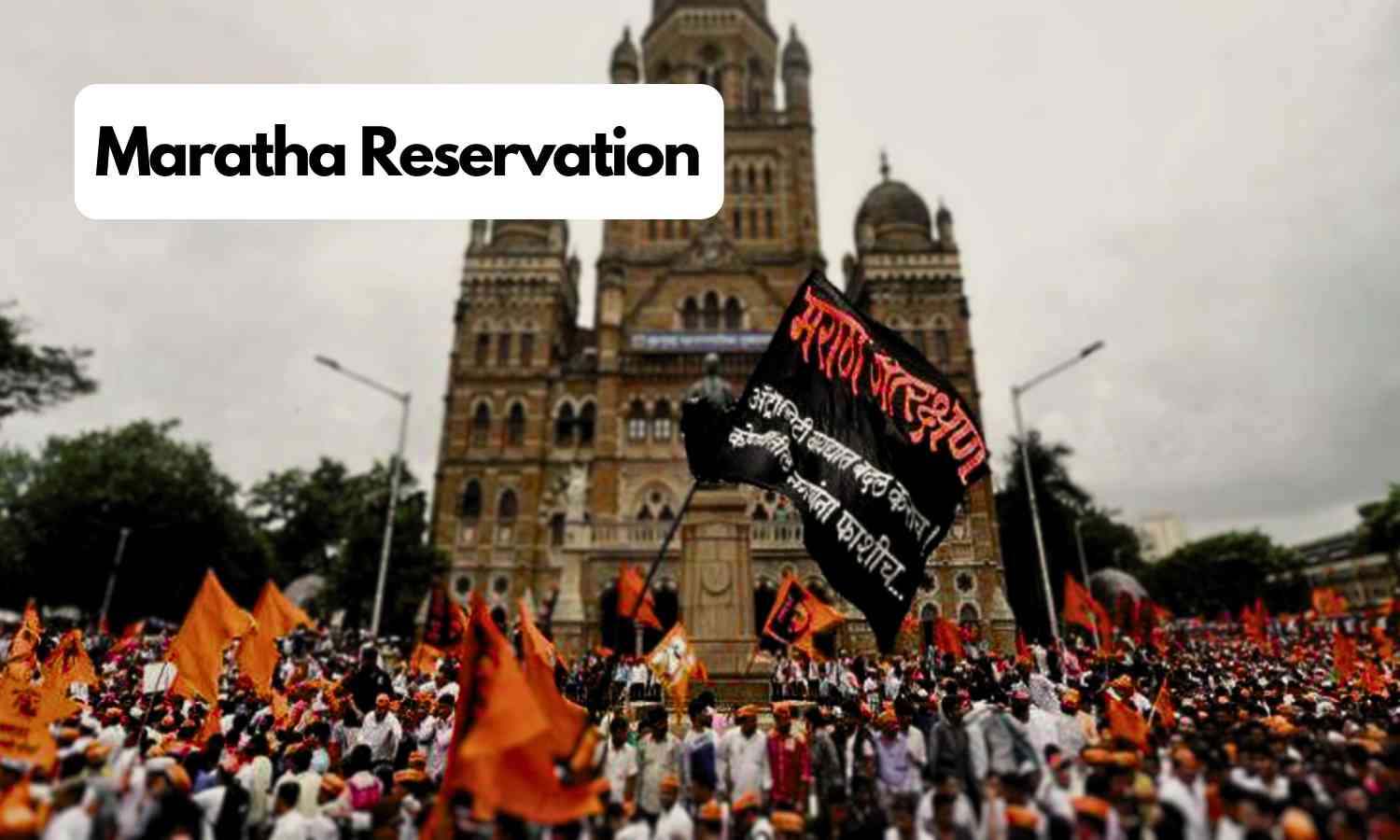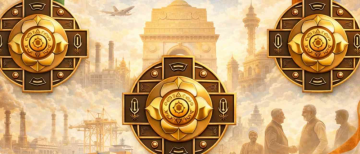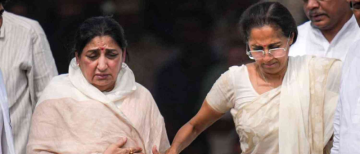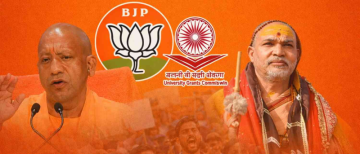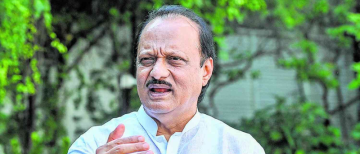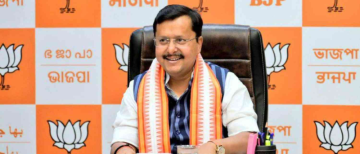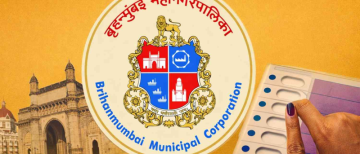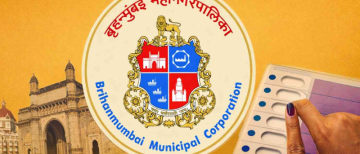Maharashtra witnessed the recent surge in protests demanding Maratha reservations has once again pushed the complex landscape of reservation politics into the spotlight. These protests have been passionate and sometimes intense, highlighting the complicated nature of this issue. Let’s take a closer look at the ongoing situation of the Maratha reservation, where historical hopes intersect with current challenges.
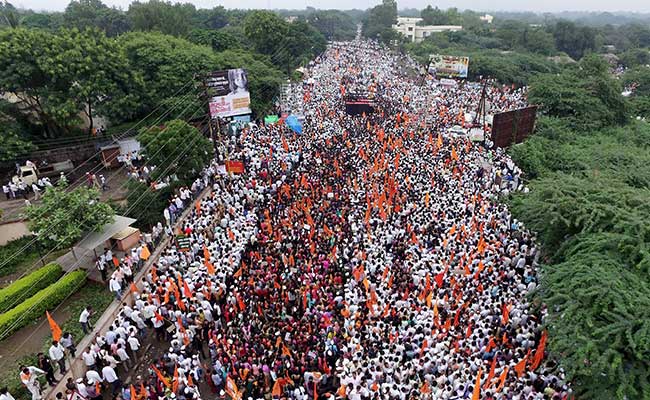
The protests took an alarming turn when pro-Maratha quota protestors vandalized the home of Maharashtra lawmaker Prakash Solanke and set it ablaze in Beed district, recently on Oct 30. The outrage didn't stop there; an office of the Nationalist Congress Party (NCP) also became a target in the flow. In response to this upheaval, authorities swiftly toughened security measures in Beed and various parts of the Marathwada region to restore calm.
CM Eknath Shinde convened an all-party meet
Chief Minister Eknath Shinde took a proactive stance by convening an all-party meeting to address the renewed wave of statewide protests. During this gathering, he reiterated the Maharashtra government's commitment to the Maratha quota. He emphasised the importance of granting reservations to the Maratha community without impinging on the existing quotas allocated to other communities in the state. This meeting was attended by prominent figures such as NCP leader Sharad Pawar and Congress leader Ashok Chavan, resulting in a unanimous resolution to enhance law and order throughout the state.
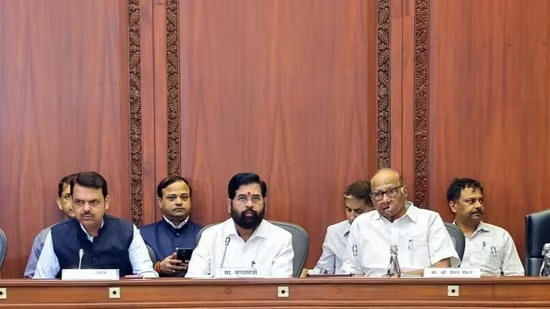
(ANI)
A Four-Decade-Long protest
The demand for Maratha reservations is not just a recent situation; it has been a persistent demand for nearly four decades. The Marathas, constituting approximately 33% of the state's population, have passionately advocated for reservations in education and government jobs.
The seeds of this movement were sown in 1981 when the state witnessed its inaugural protests for the Maratha reservation, spearheaded by the Mathadi Labour Union leader Annasaheb Patil.
Demand for ‘Kunbi’ caste certificates
The Maratha community's quest for Kunbi caste certificates is at the heart of their battle for OBC (Other Backward Classes) category inclusion, which would grant them the coveted reservation status.
[Kunbis, traditionally linked to agriculture, have long been categorised under the umbrella of the OBC category in Maharashtra]
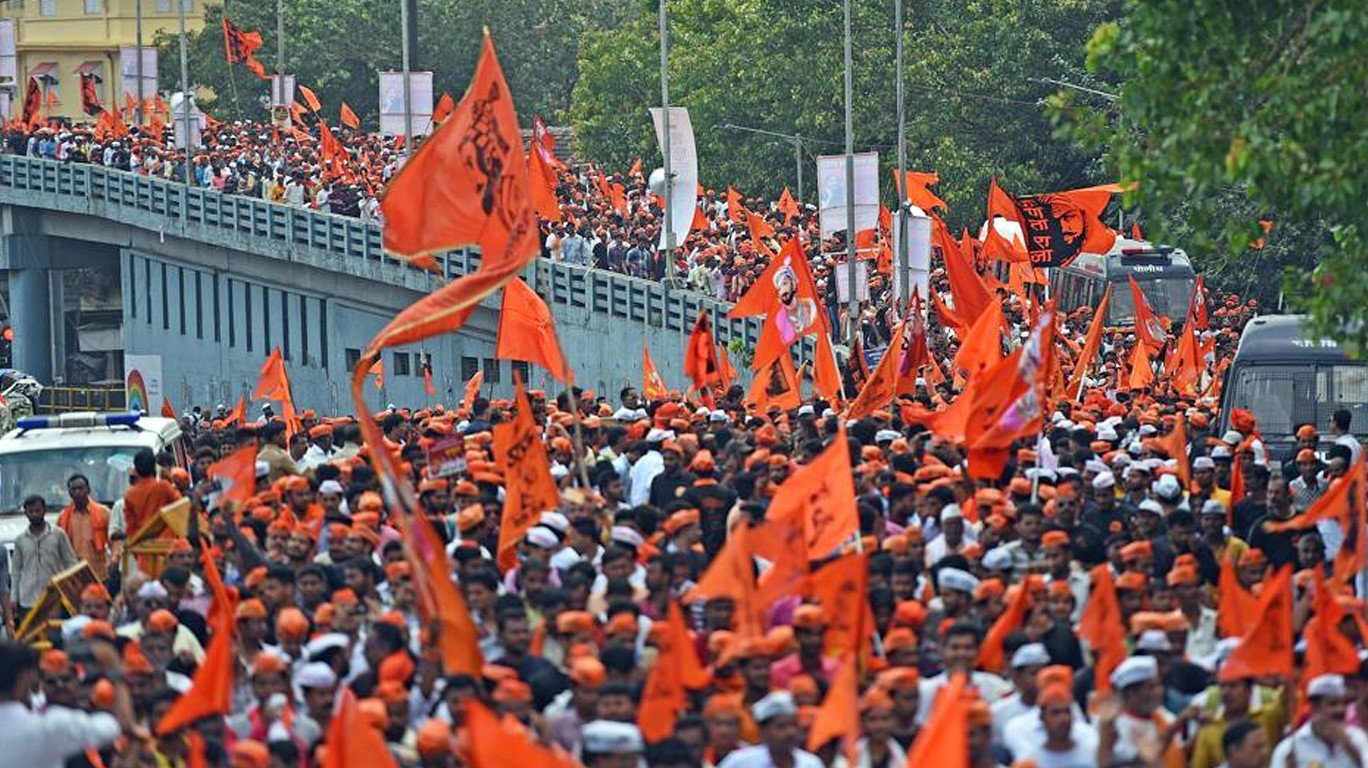
Legal Journey
- In 2014, during the Congress's administration in the state, the government introduced an ordinance granting Marathas a 16% reservation.
- In 2018the Maharashtra government officially approved the Maratha quota under a special provision, the Socially and Educationally Backward Class Act.
- A legal twist in June 2019 when the Bombay High Court upheld its constitutional validity but reduced the percentages to 12% in education and 13% in government jobs.
- In 2021 the Supreme Court nullified the provisions of the Maharashtra law, deeming them in violation of the 50% reservation cap.
- In 2022 the SC upheld the 10% quota for the Economically Weaker Sections.
- In April 2023, the SC rejection of the Maharashtra government's review plea intensified the ongoing saga surrounding the Maratha reservation.
A Call for Central Intervention
In response to the recent surges of protests, former Chief Minister Uddhav Thackeray has issued a call for the central government to address the Maratha reservation matter. His request comes in the form of a plea for a special session of Parliament, reflecting the urgency of the situation.
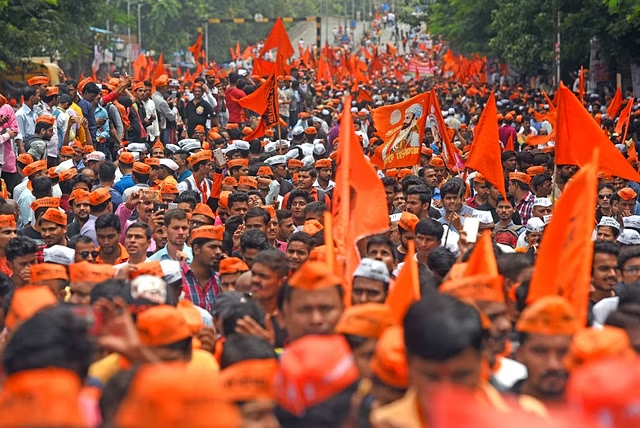
Activist Manoj Jarange Patil – A beacon of hope for the Maratha Community
Recently the protest temporarily ended as Maratha reservation activist Manoj Jarange Patil concluded his hunger strike and has given the government a deadline of January 2 to meet his quota demand.
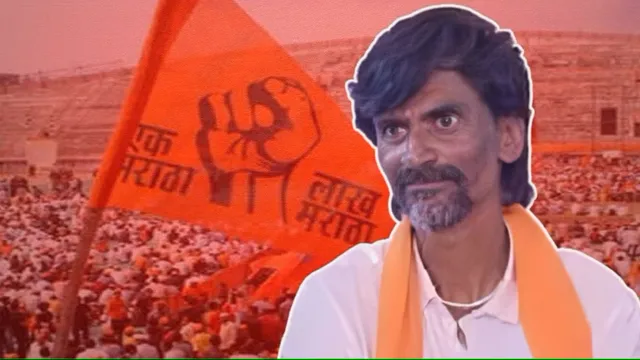
Earlier, in August, Jarange had started an indefinite fast, but he ended it on September 14 after Chief Minister Eknath Shinde promised to address his concerns. Back then, Jarange initially gave the government 30 days to act on his request but later extended the deadline by an additional 10 days.
He has been a tireless advocate for the Maratha community for more than a decade. He is not only a well-known figure in the Ambad tehsil of Jalna district but also a symbol deeply embedded in the identity of at least 123 villages in the region.
In 2016, he initiated a protest movement in response to the tragic rape and murder of a young girl in Kopardi village, Ahmednagar. This movement was part of the broader Maratha Kranti Morcha, which organized 58 silent marches throughout Maharashtra, advocating for 14 specific demands. These demands included seeking severe punishment for those responsible for the Kopardi incident and pushing for reservations for the Maratha community.
Jarange played a crucial role in rallying people for marches in Jalna and also led a significant rally in Chhatrapati Sambhajinagar. Furthermore, he led villagers from Jalna to participate in a substantial silent march in Mumbai in September 2017.
(Representative Images form different protests of the Maratha Community)
© Copyright 2023. All Rights Reserved Powered by Vygr Media.

